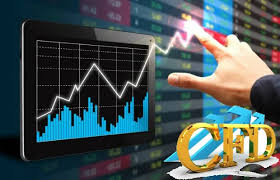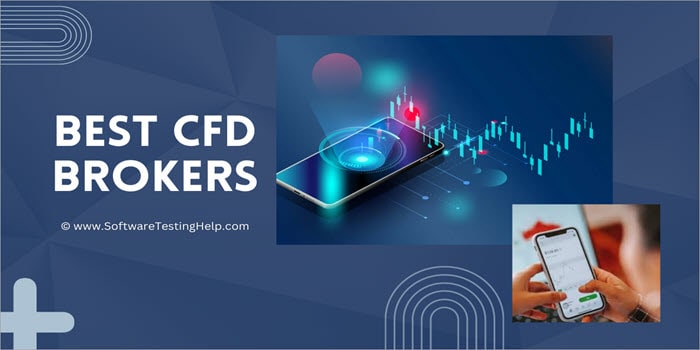
The Best Forex & CFD Broker: A Comprehensive Guide
Choosing the right broker can significantly influence your trading success. With the plethora of options available, selecting the best forex & cfd broker bestbrokercfd.com can be overwhelming, particularly for newcomers in the trading world. This article will guide you through essential considerations for finding a suitable broker that aligns with your trading goals.
Understanding Forex and CFD Trading
Forex, or foreign exchange trading, involves the exchange of one currency for another in a global marketplace. CFDs, or contracts for difference, allow traders to speculate on price movements of various assets without owning the underlying asset. Both trading forms come with high leverage opportunities but also significant risks.
Key Features to Look for in a Broker
When searching for the best forex & CFD broker, several important features should be considered:
- Regulation: Ensure the broker is regulated by a reputable authority (e.g., FCA, ASIC). This provides a level of security and trustworthiness.
- Trading Platforms: Evaluate the trading platforms offered. Popular platforms like MetaTrader 4 or 5 offer robust features for both beginners and advanced traders.
- Leverage and Margin: Understand the leverage offered by the broker. While high leverage can amplify profits, it can equally escalate losses.
- Spreads and Fees: Compare the spreads and any associated fees. Lower costs can contribute to higher net profits.
- Customer Service: Effective customer support is crucial. Check if they provide adequate support channels and response times.
- Payment Methods: A variety of deposit and withdrawal options provide convenience and accessibility.
Differences Between Forex and CFD Brokers

While many brokers offer both forex and CFD trading, some specialize in one over the other. Understanding these differences can help you choose the right broker:
- Market Access: Forex brokers primarily concentrate on currency pairs, whereas CFD brokers cover a broader range of markets, including stocks, commodities, and indices.
- Trading Costs: Forex brokers might have tighter spreads, while CFD brokers often include broker fees on top of the spreads, affecting overall trading costs.
- Types of Orders: Different brokers may offer varied order types, affecting your trading strategy.
- Available Leverage: Ensure you understand the differences in available leverage, as it can vary significantly between forex and CFD brokers.
How to Evaluate a Broker
Once you have a list of potential brokers, it’s time to evaluate them:
1. Open a Demo Account
Most reputable brokers offer demo accounts that allow you to practice trading with virtual funds. This gives you a feel for the trading platform, available tools, and order execution.
2. Review Educational Resources
Check if the broker provides educational materials, webinars, and market analysis which can significantly enhance your trading knowledge and skills.

3. Read Reviews and Testimonials
Reading reviews from other traders can provide valuable insights into the broker’s reputation and the quality of their services. Look for common themes in the reviews, whether positive or negative.
4. Test Customer Support
Reach out to customer support with questions to gauge responsiveness and helpfulness before creating an account or making any deposits.
The Importance of Trading Conditions
The trading conditions set by brokers can majorly impact your trading experience. Take note of:
- Execution Speed: Slow execution can cause slippage during volatile market conditions.
- Guaranteed Stop Loss: Some brokers offer guaranteed stop-loss orders, which can provide additional safety and peace of mind.
- Negative Balance Protection: This feature ensures that you cannot lose more money than you have in your account, protecting traders from significant losses.
Conclusion: Making Your Decision
In conclusion, selecting the best forex & CFD broker requires careful consideration and research. The right broker can provide a powerful ally in your trading endeavors, while the wrong choice can lead to frustration and financial loss. By evaluating the essential features and taking the time to explore your options, you can find a broker that aligns with your trading style and goals. Remember, make your decisions based on a balance of personal needs, reliable information, and comprehensive reviews. Happy trading!

Comentarios recientes